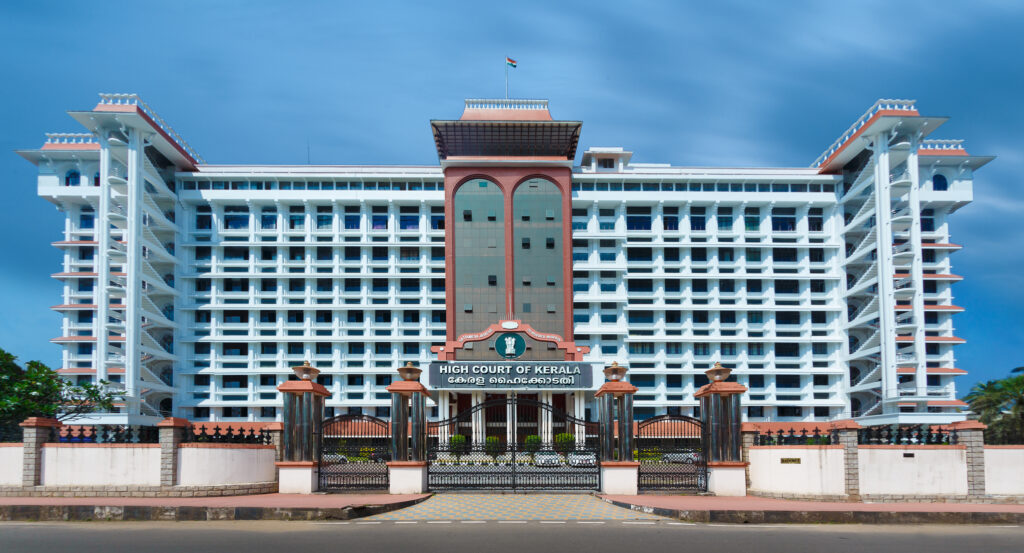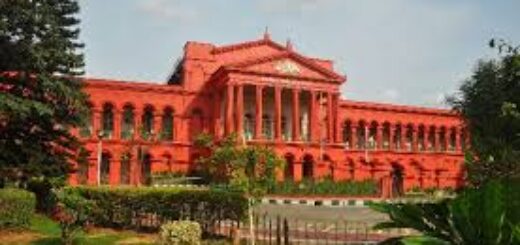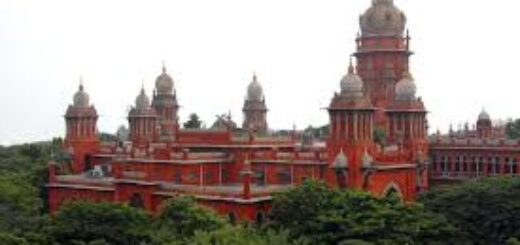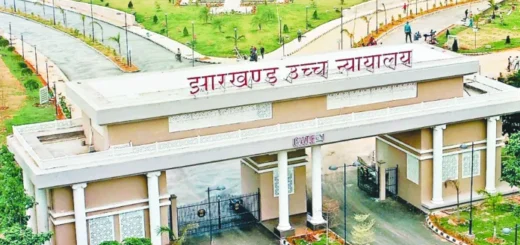The Kerala High Court stated that a community should not be stopped from creating a religious site just because other groups oppose it.

The Kerala High Court stated that in a democratic country, one community should not be stopped from building a religious place just because others oppose it. This was discussed in a Writ Petition from the owner of a prayer hall in Kadalundi village, who faced denial of a No Objection Certificate (NOC) due to objections from other community members. Justice Mohammed Nias C. P. noted that reports from district officials indicated concerns about potential law and order issues stemming from these objections. He emphasized that just because one community disagrees with another’s religious establishment, it does not mean there will be conflict or disruption. The court found that such fears should not be a valid reason for denial, especially when they are based on unproven assumptions that the district administration is responsible for preventing.
The petitioner was represented by Senior Advocate S. Sreekumar, while the Government Pleader Devishri R. represented the respondent. The petitioner had owned the prayer hall in Kadalundi Village since 2004, where no Juma prayers were held, and no amplifiers or speakers were used; it was solely for prayer purposes. The petitioner applied for a building permit to change the roof and received approval. However, the Secretary of the Panchayat later issued a notice claiming complaints about illegal construction and ordered the petitioner to halt work. The petitioner refuted these claims of illegal construction in a subsequent response.
The petitioner, concerned about the potential demolition of the building’s roof, filed a Writ Petition against an order that granted an interim stay in 2005, which was later extended until 2015. Following this, the Revenue Divisional Officer (RDO) issued a notice for a hearing to address complaints from local residents. During the proceedings, the RDO ordered the prayer hall to cease operations, citing concerns about communal disharmony, a decision the petitioner contested. In 2016, the Court issued an interim order allowing the petitioner to use the building as a prayer hall, but with restrictions: no loudspeakers, no Juma prayers, and it could not serve as a permanent worship site.
In 2018, the writ petition was resolved, directing the District Collector to make a decision based on reports from police and revenue authorities, while maintaining the interim order in the meantime. In 2020, the District Collector noted objections from other community members regarding the prayer hall and declined to issue the necessary NOC. The Panchayat also sent a letter instructing the petitioner to halt activities at the prayer hall. The petitioner’s Senior Counsel argued that the orders were illegal and exceeded the authority of the District Director, lacking adherence to legal principles. He referenced Article 26 and the relevant Manual provisions, asserting that there were no interfaith disputes in the area and that local authorities had not intervened in public order matters related to the religious site since 2004.
The Respondent’s Counsel argued that the petitioner has been using the premises as a mosque without a valid No Objection Certificate (NOC), which means they have illegally changed a residential building into a place of worship. They also claimed that unknown people have been visiting the site frequently, raising concerns during the pandemic. The Court noted that a report from the District Police Chief indicates that activities related to “Niskaram” and “Bank Vili” have started at the Sunni Center, attracting people from different areas for religious activities. This raises worries about possible contamination of water sources that could affect nearby homes, mainly occupied by members of the Hindu community, who are against building a mosque at this location. The Court warned that turning the Sunni Center into a mosque might harm community harmony and disturb peace in the area. It highlighted that the main reason for rejecting the application was the objections from another community and did not support this.
The district administration’s reports indicate fears of a law and order issue due to objections from other communities. The Court stated that just because one community opposes another’s religious site, it does not mean there will be conflict or a breach of peace. This concern cannot be justified, especially when there is no solid evidence to support it, only anticipated fears that the district administration is responsible for managing. The Court emphasized that in a democratic country, where people have the right to practice their faith, the establishment of a religious site by any community should not be limited simply because of opposition from others.
The principles outlined in the ruling of this Court in Fr. Geevarghese have been significantly ignored. Secularism and religious freedom are fundamental to the Indian Constitution, yet the term “religion” is not clearly defined in it. Religion is generally seen as a system of beliefs in a higher reality. Disputes between different religions can disturb public order and threaten the secular nature of our country. It is crucial for the State to find a balance between protecting religious freedom and maintaining secularism when creating guidelines in these situations, the court noted. The Court emphasized the need to differentiate between public order and “law and order.”
Public order relates to the overall harmony of society, while law and order deal with individual conflicts or disputes over specific interests. The methods for resolving these two types of issues are quite different. The State’s aim regarding public order is to maintain community peace, whereas law and order issues often focus on the interests of the individuals involved. Complaints from a few individuals of different faiths cannot justify limiting the rights protected under Articles 25 and 26 of the Constitution. Additionally, the existence of nearby mosques does not automatically warrant the denial of a request to establish another. The government must uphold the fundamental rights of all citizens, including the petitioner’s right to use his property legally. The distinction between public order and law and order was not properly considered when the Ext.P8 order was issued, the court stated. The Court thus granted the petition.
Cause Title: K.T. Mujeeb vs. State of Kerala (2024:KER:85279)









